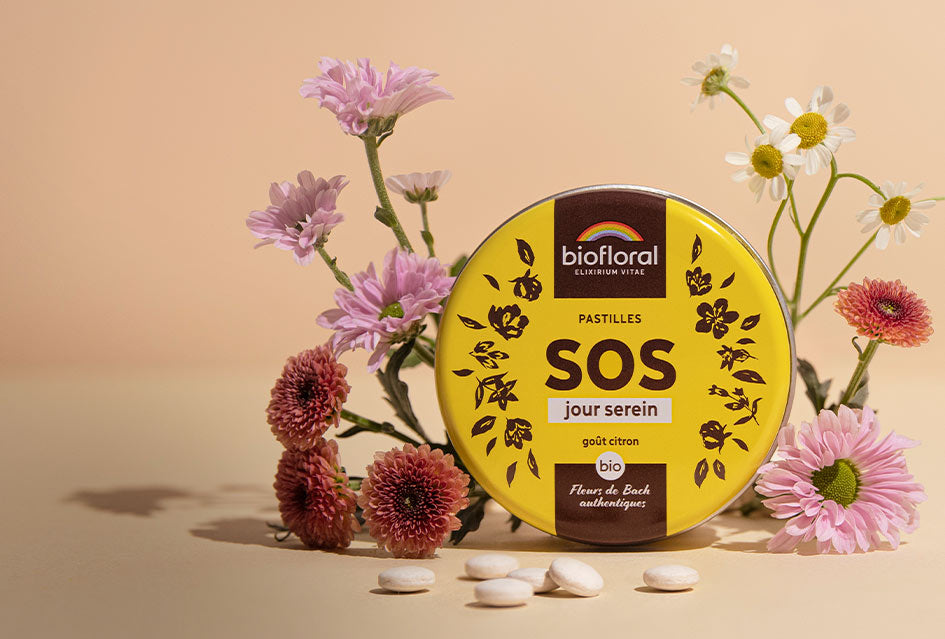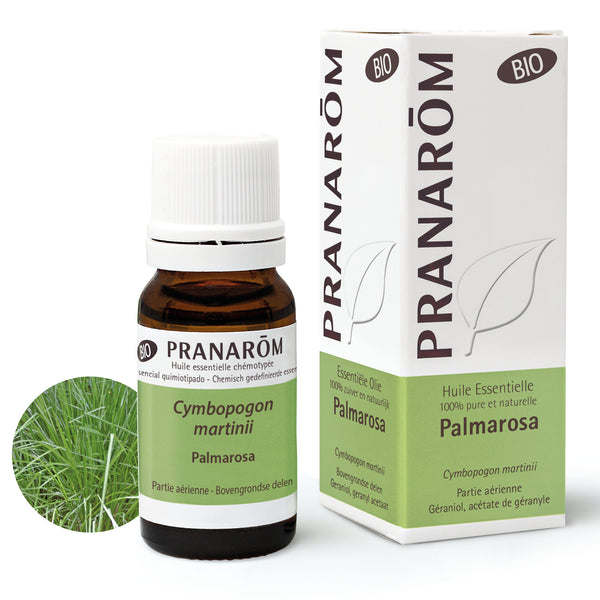Numbing discomfort, urgent need to urinate, and persistent burning: cystitis is a common and unpleasant condition, affecting mostly women, but not exclusively. While antibiotics are often the first medical response, there are also natural solutions that can help relieve symptoms, prevent recurrences, and promote a gentler recovery. Discover how to effectively combat cystitis while taking care of your overall well-being.
What is cystitis and how can it be recognized?
Common causes of cystitis
Cystitis is an infection of the bladder, most often caused by intestinal bacteria such as Escherichia coli that travel up the urethra. In women, the proximity of the urinary tract to the anal area facilitates this migration. However, cystitis can also result from sexual intercourse, inadequate personal hygiene, insufficient urination, or tight clothing.
In men, although less common, cystitis can signal a prostate abnormality, urethral stricture, or kidney infection.
Typical symptoms of a urinary tract infection
The signs of cystitis are easy to recognize:
- A burning or tingling sensation when urinating;
- Frequent urges to urinate with little urine each time;
- Cloudy or foul-smelling urine;
- Possible pain in the lower abdomen.
Natural methods to treat cystitis
Herbal supplements for cystitis in men and women
Certain plants with diuretic and anti-inflammatory properties are valuable in helping to eliminate the bacteria responsible for cystitis. They promote urinary drainage and relieve inflammation.
Among the most commonly used:
- Cranberry: rich in proanthocyanidins, it helps prevent bacteria (especially E. coli) from attaching to the walls of the bladder;
- Echinacea: known to strengthen the immune system, it helps the body to better fight urinary tract infections;
- Pilosella, birch or heather are also known for their mild diuretic action, facilitating the elimination of germs.
Herbal medicine and aromatherapy: gentle alternatives to relieve cystitis
Essential oils are a valuable aid, provided they are carefully chosen and used with caution. In cases of cystitis, Mountain Savory Essential Oil stands out for its antibacterial properties. It helps to act directly against the bacteria responsible for urinary tract infections while also stimulating the immune system.
How to use it? 2 drops 3 times a day in a ball of breadcrumbs.
Also check out our Comfort Oil Recipe for how to use it.
Contraindications: Pregnant and breastfeeding women, children and do not apply undiluted to the skin.
Essential oils: a solution against cystitis
Mountain savory essential oil is also found in the OLEOBIOTIC® Urinary Health solution. This innovative solution is based on essential oils of oregano, mountain savory, cinnamon, clove, lemongrass, fennel, and thyme CT thymol for the rapid and natural relief of urinary discomfort. It is recommended to take one capsule before or during meals, three times a day for five days, starting from the first symptoms.
To maintain the urinary tract, the OLEOBIOTIC® Urinary Health solution supports elimination while soothing discomfort thanks to a synergy of diuretic and protective plants, ideal for prevention or support of the first signs.
Other essential oils can also be incorporated into a natural approach to treating cystitis:
- Tea tree essential oil , known for its broad spectrum of purifying action, can be used alongside other treatments for urinary tract infections. Applied gently in a carrier oil and massaged onto the lower abdomen, it helps to limit bacterial growth.
- Palmarosa essential oil , with its gentle yet effective action, helps maintain a healthy balance of urinary flora while soothing discomfort. Its topical application, diluted in a carrier oil, provides a moment of relief and relaxation.
- Eucalyptus radiata essential oil , often associated with respiratory issues, also offers helpful support against urinary tract inflammation. Its purifying properties make it a valuable ally for topical use or diffusion.
Each essential oil has its own specific properties and should be chosen carefully, taking into account your individual needs and any potential contraindications. Don't hesitate to consult a healthcare professional. Discover all our solutions to relieve cystitis symptoms .
Urinary tract infection: when should you see a doctor?
Warning signs of a urinary tract infection in women
Although many cases of cystitis are benign, some situations require medical attention. In particular:
- If symptoms persist beyond 48 hours despite natural remedies;
- In case of fever, chills or lower back pain (a possible sign of pyelonephritis);
- If urinary tract infections are frequent (more than 4 per year);
- In cases of pregnancy or diabetes, where the risk of complications is higher.
Cases of acute cystitis: beware of complications
Cystitis, even if it sometimes seems benign, can quickly become complicated if it is not treated properly from the outset. The infection can travel from the lower urinary tract to the kidneys, causing pyelonephritis, a more serious kidney inflammation. This complication requires urgent medical attention, as it can lead to severe health consequences, such as permanent kidney damage.
The most concerning signs are a high fever, chills, severe lower back pain, and a general feeling of being unwell. If you experience these symptoms in addition to painful urination, it is crucial to consult a healthcare professional promptly. Never underestimate cystitis, especially when the pain worsens or is accompanied by fever.
What to do in case of cystitis in men?
Urinary tract infections (UTIs) are less common in men than in women, but they should always be taken seriously. Any case of cystitis in a man requires a thorough medical evaluation, as it may indicate an underlying condition such as kidney stones, an enlarged or infected prostate gland, or even malformations of the urinary tract. These causes often require further testing to fully understand the origin of the infection.
It is important to emphasize that, in this context, aromatherapy and herbal medicine can be helpful as complementary treatments to soothe symptoms or strengthen the body's natural defenses. However, they should never replace prescribed medical treatment, especially when antibiotics are necessary.
Prevention and home remedies for cystitis
The importance of staying well-hydrated to prevent urinary tract infections
Drinking enough fluids is the first step in preventing urinary tract infections. Hydration not only dilutes urine but also promotes more frequent urination, which helps naturally flush out germs from the bladder. The goal is to drink between 1.5 and 2 liters of water per day, or even more in hot weather, during physical activity, or if you are prone to recurrent urinary tract infections.
In addition to plain water, herbal teas made with diuretic plants such as mouse-ear hawkweed, Java tea, heather, or cherry stems can be incorporated into your daily routine. These plants stimulate kidney function and promote toxin elimination, while also providing additional comfort for those prone to cystitis. Adequate hydration is therefore essential for both prevention and a speedy recovery.
The benefits of cranberry juice against recurring cystitis
Cranberry has long been used to prevent urinary tract infections. Its richness in proanthocyanidins (PACs) makes it a valuable ally: these compounds work by preventing bacteria, particularly Escherichia coli , from attaching to the bladder walls, thus limiting their proliferation and therefore the risk of recurrence.
To be effective, cranberry juice must be pure, unsweetened, and consumed regularly. If it tastes too tart, it can be diluted with a little water. Alternatively, you can opt for standardized PAC (capsule-based) dietary supplements, whose effectiveness is more precisely controlled. These capsules or tablets allow for convenient daily intake and optimal concentration of the active ingredients, especially for people prone to recurrent cystitis.
Intimate hygiene and lifestyle: preventing urinary tract infections in men and women
A few simple habits can limit the risk of infection:
- Adopt a gentle intimate hygiene routine, using products with a suitable pH;
- Avoid tight-fitting clothes and opt for cotton;
- Urinate after sexual intercourse to flush out bacteria;
- Don't wait to go to the toilet and always empty your bladder completely.
In women, a healthy balance of vaginal flora also plays a key role in prevention. During periods of imbalance (antibiotic use, menstruation, stress), a specific probiotic supplement can be beneficial.
Treating cystitis naturally is possible, provided you act at the first signs. By combining gentle solutions such as diuretic plants, essential oils, and good lifestyle habits, you can regain lasting urinary comfort. Pranarōm's innovative OLEOBIOTIC® Urinary Health product offers a concentrated, practical, and natural solution to quickly soothe discomfort and prevent complications.
For those seeking daily support, Urinary Tract Comfort Capsules offer a complete formula to maintain the natural balance of the urinary tract. Integrated into a preventative routine, they help limit recurring discomfort.
Maintaining a healthy urinary tract also means adopting a healthy lifestyle, listening to your body, and paying attention to early warning signs. By taking care of yourself holistically and regularly, you promote lasting well-being and peace of mind.
Any advice, reflections and guidance provided cannot in any way replace a consultation with a doctor or gynecologist, whom you should contact for your follow-up.













